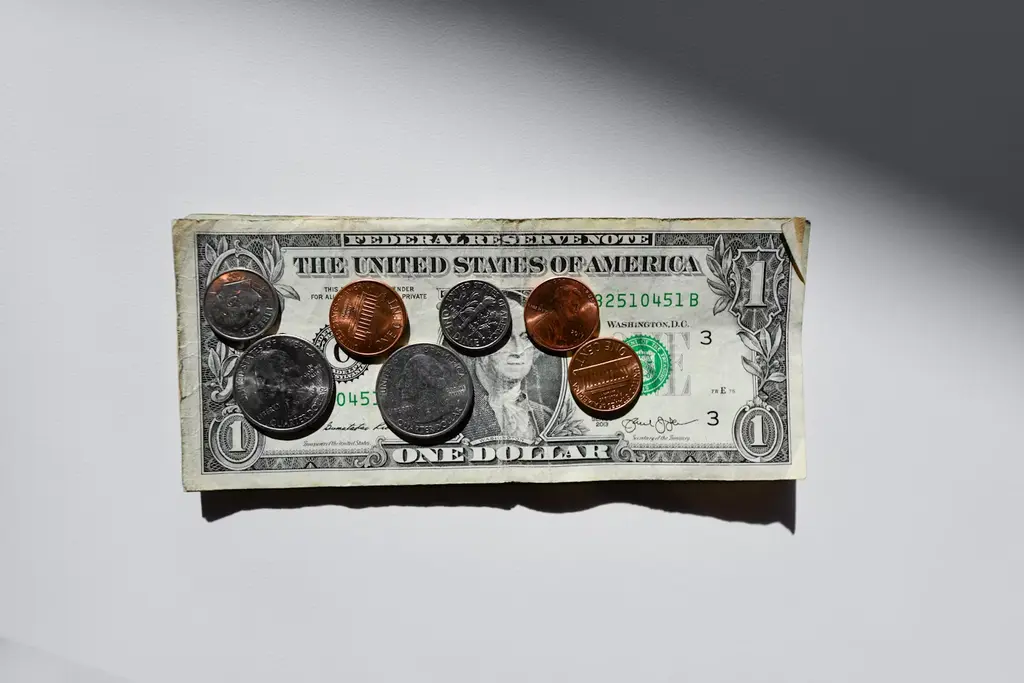Navigating Loans with Bad Credit: How to Improve Your Score and Find the Best Options

If you have a low credit score and have been denied a loan, options are still available. There are various types of loans designed for borrowers with bad credit. While these loans can be obtained quickly and might not require a credit check, they often come with higher interest rates and may require collateral.
Here’s a guide on how to firstly improve your credit score to secure better loan terms, but if improving your credit score isn’t possible, we’ll also cover the types of loans available for individuals with bad credit.
How to Improve Your Credit Score
Your credit score is a three-digit number that explains the dynamics of your financial background. It impacts your potential to borrow at the best rates. It is always a good idea to increase your credit rating before starting to take loans with a low credit score that often comes with very unfair terms. First, you should open up that score and break it down into its components, including payment history, amounts owed, length of credit report, new credit history, and types of financial debt. Key strategies for Improvement include:
- Paying bills on time: This is the primary way to improve your credit score. Automate payments and make lists of them so that you do not forget to pay.
- Eliminating debt: Prioritize the repayment of credit card debt. Consider using methods like the debt avalanche or snowball method.
- Adding tradelines: Tradelines are listings related to credit access posted in your report. As your newly established tradelines start reporting on-time payments, your credit score will increase quickly, improving your chances of qualifying for loans or credit cards. Here are the best tradeline companies to check out to improve your credit score
- Limiting new credit: Do not open new credit lines unless necessary, as each inquiry will slightly impact your score.
- Building credit: Options include becoming an authorized user, applying for a secured card, and taking out a credit-builder loan.
- Checking your credit reports: Request copies of your credit reports from Experian, Equifax, and TransUnion annually. Review them carefully for inaccuracies and dispute any mistakes you find.
Establishing your credit score is still a slow and steady race to the top. While some improvements may appear in a month, significant changes can take a much longer time. Once you’ve improved your score, focus on maintaining it. Pay on time, keep your credit utilization low and avoid unnecessary credit applications.
A strong credit score can open up excellent financial opportunities. By following the above-mentioned strategies and staying consistent, you’ll improve your credit and take a critical step toward achieving your financial goals.
Type of Loans You Can Take With a Low Credit Score
If your credit score is not high enough to get a standard loan, here are five types of loans you can get with a low credit score.
- Cash Advances
Cash advances are loans you can get or draw from your credit card’s available credit line. This can be a quick fix in an emergency but carries astronomical interest rates and does not have a grace period. It should only be used in emergencies and paid back quickly to avoid heavy debt.
- Bank and Credit Union Agreements
Some banks offer short-term loans to their customers. These loans usually have more favorable interest rates than cash advances; sometimes, you do not need a credit check. However, qualifying for these loans can be more difficult due to higher requirements, and you’ll need a basic banking history.
- Home Equity Lines of Credit (HELOCs) and Home Equity Loans
If you own a home, you can borrow money by leveraging it as collateral. These loans allow borrowing against the equity in your house. They offer more significant loan amounts and lower interest rates than other options but carry the risk of foreclosure if you default.
- Car Title Loans
Similar to payday loans, car title loans let you speedily borrow money using your vehicle as security. Nonetheless, the high interest rates and the risk of losing your vehicle if you do not pay might be a factor.
- Payday Loans
Payday loans are generally small, short-term, high-interest loans usually offering fast credit to use for emergencies or unexpected expenses. They offer a quick fix when you are strapped for cash, but with extremely high interest rates and fees, they become long-term debt. If you are not careful, payday loans can take you into the pit of despair; think about options before taking them, such as personal loans and credit counseling.
Endnote
While a good credit score can assist you in qualifying for better loan terms, if that’s not an option, then some more popular types of loans include cash advances, payday, and car title loans. However, remember that bad credit loans are costlier and slightly riskier in comparison.
You should know the terms and compare several rates before making a decision. Always consider alternatives like personal loans or credit counseling to avoid taking high-interest loans that may lead to more money trouble.
